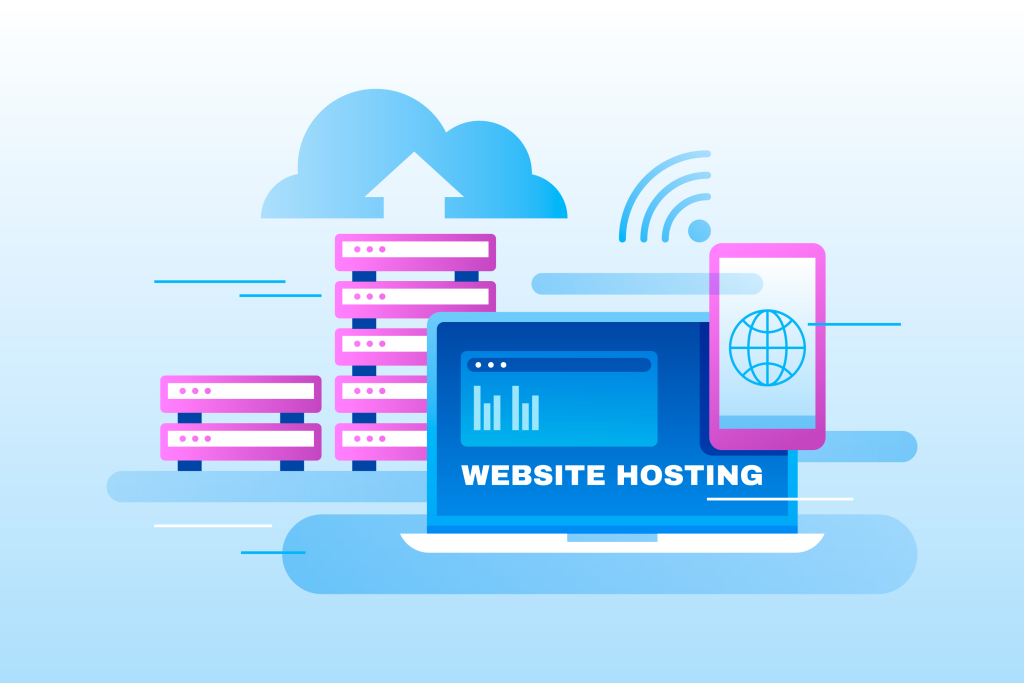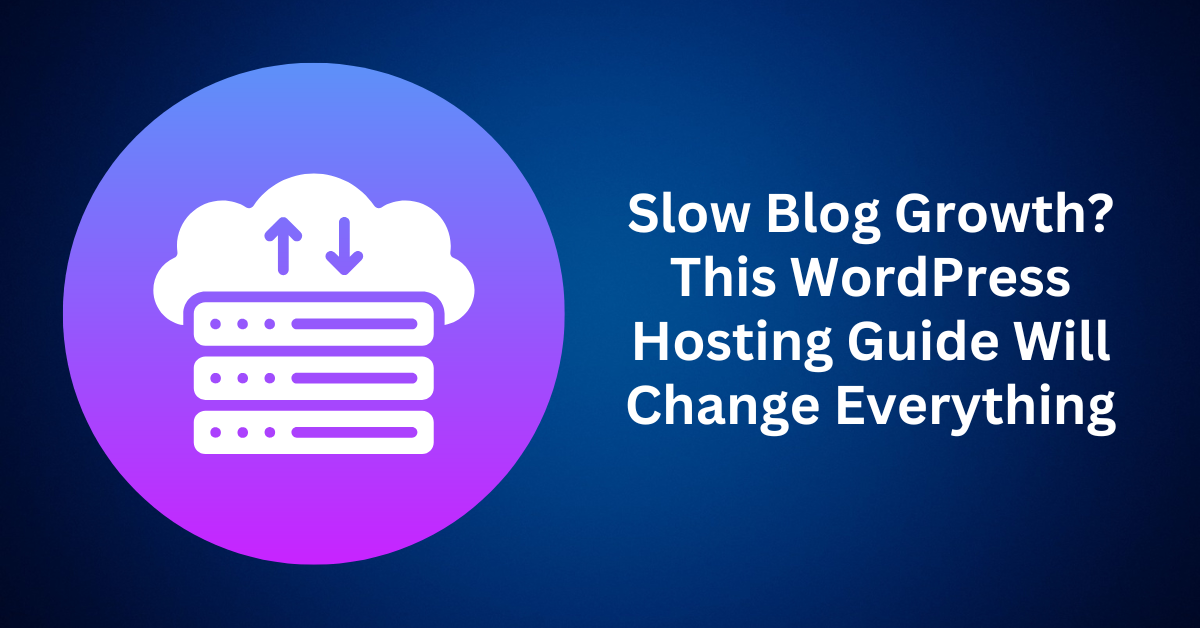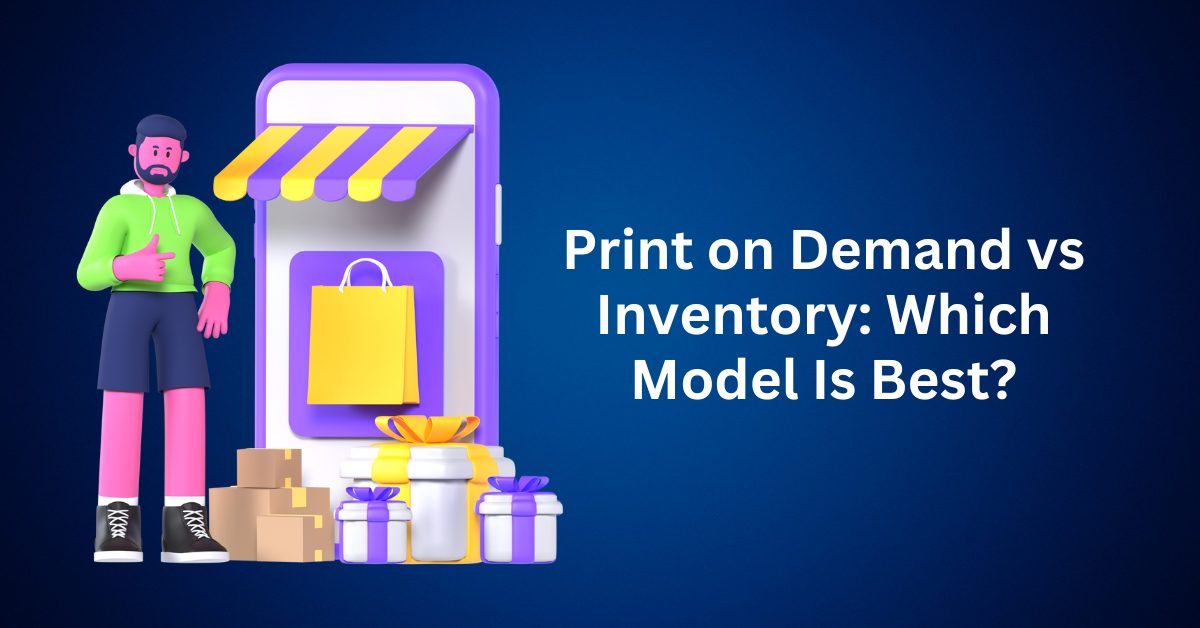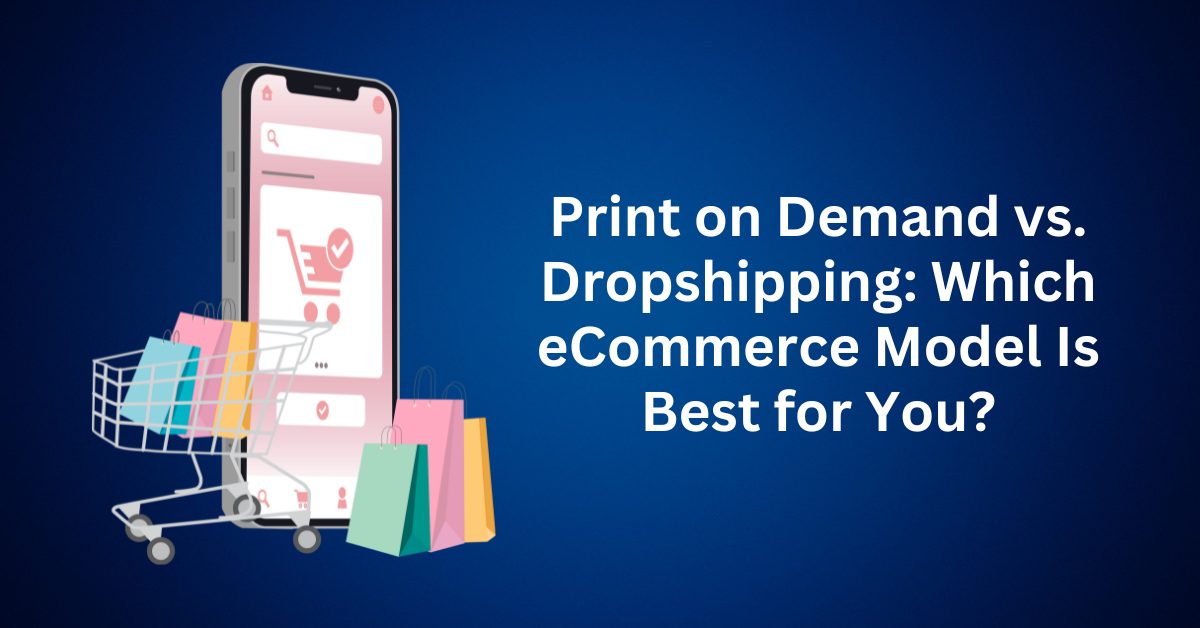Today, blogging is no longer just a digital diary. It’s a powerful tool for building authority, generating passive income, growing an audience, or launching a full-time business. Whether you’re creating a food blog, travel journal, or niche affiliate site, your success hinges on one essential foundation: WordPress hosting.
This guide was written for new and experienced bloggers who want a professional, reliable blogging platform. We’ll walk you through:
- What WordPress hosting is
- How does it compare to standard web hosting
- Different types of WordPress hosting are available today
- Key features to look for when choosing a host
- Our top recommendations for WordPress hosting providers
Let’s begin by understanding what makes WordPress hosting unique and why it matters for your blog’s success.
Table of Contents
ToggleWhat Is WordPress Hosting (And Why Bloggers Should Care)

WordPress hosting is a type of web hosting environment designed specifically for WordPress websites. Unlike generic hosting solutions, it offers enhanced performance, stronger security, and streamlined tools built around the WordPress platform.
This specialized hosting often includes:
- One-click WordPress installation
- Automatic core and plugin updates
- Built-in security features like malware scanning
- Free SSL certificates
- Expert WordPress-specific customer support
- Optional free or custom domain names
For bloggers who want a fast, secure, and low-maintenance setup, WordPress hosting offers everything needed to grow a content-driven website, without dealing with technical headaches. Before diving into the different types of WordPress hosting, it’s important to understand how it compares to regular web hosting.
WordPress Hosting vs. Web Hosting: What’s the Difference?
While both types of hosting provide space for your website to live online, they’re not created equal, especially if you’re using WordPress as your content management system.
Here’s a breakdown of the key differences:
| Feature | Web Hosting | WordPress Hosting |
| Platform Setup | Designed for any website or CMS | Optimized specifically for WordPress |
| Installation | Manual WordPress setup | One-click WordPress install |
| Performance | Basic server capabilities | WordPress-specific caching and speed tools |
| Security | General protection | WordPress-tailored security measures |
| Updates | Manual updates | Automatic updates for WordPress core, themes, and plugins |
| Support | General technical help | Dedicated WordPress experts |
| Staging Environment | Not always available | Frequently included for testing changes |
| Best for | Developers or multipurpose websites | Bloggers, creators, and business owners using WordPress |
If you’re building a WordPress blog, choosing a hosting plan that’s specifically optimized for WordPress can save you time, reduce downtime, and enhance your site’s performance.
Types of WordPress Hosting: Which One Is Right for Your Blog?
There isn’t a one-size-fits-all solution when it comes to hosting. Depending on your goals, budget, and technical know-how, you’ll want to choose a type of WordPress hosting that meets your needs.
Here are the most common types:
1. Shared WordPress Hosting
Shared hosting is the most affordable entry point for anyone looking to start a website. With this option, your site shares server resources with other websites, which helps keep costs low. However, this shared environment can sometimes impact your site’s performance, especially during periods of high traffic.
Despite this trade-off, shared hosting is an excellent choice for beginners launching a personal blog, hobby bloggers who want to test out WordPress, or anyone working with a tight budget. It offers a simple and cost-effective way to get online without a significant upfront investment.
2. Managed WordPress Hosting
Managed hosting offers a true “white-glove service” experience for your blog by seamlessly handling the technical tasks behind the scenes. To begin with, it takes care of essential responsibilities such as automatic updates and daily backups. In addition, it includes malware monitoring, enhanced performance tools, and expert-level WordPress support. As a result, this type of hosting provides a comprehensive solution that covers it all.
As a result, it’s the ideal solution for bloggers who want to concentrate on content creation and marketing, instead of getting bogged down with server maintenance or troubleshooting. With managed hosting in place, you can enjoy peace of mind, knowing your site is running smoothly and securely, all thanks to the expertise of dedicated professionals.
3. VPS WordPress Hosting (Virtual Private Server)
VPS hosting offers more control and faster performance than shared hosting by allocating private resources to your site within a shared server environment. As a result, you benefit from a more stable and responsive experience, without bearing the higher costs of a fully dedicated server.
For that reason, it’s an ideal choice for growing blogs that are beginning to attract moderate traffic, tech-savvy users who seek greater customization, and bloggers planning to scale their websites over time. Ultimately, VPS hosting strikes the perfect balance between affordability and performance, making it a smart and strategic upgrade from shared hosting.
4. Dedicated WordPress Hosting
Dedicated hosting is a premium option that provides an entire server exclusively for your website. Because of this setup, it delivers the highest levels of speed, control, and security, making it ideal for demanding online operations.
Typically, it’s used by high-traffic blogs, eCommerce websites, and professional brands or agencies that require robust performance and reliability. Although it may be overkill for most beginner bloggers, it’s worth considering if your blog is part of a large-scale content strategy or business operation that demands maximum uptime and flexibility.
Why WordPress Hosting Still Matters for Bloggers
Blogging isn’t just about writing. It’s about delivering fast, secure, and reliable content experiences to a global audience. Whether you’re starting your first blog or growing a content-driven business, your hosting provider plays a direct role in your blog’s success. That’s why WordPress hosting for bloggers remains essential.
Here’s why choosing the right WordPress hosting platform is a game-changer for modern bloggers:
1. Site Speed Drives SEO and Reader Engagement
In a world where readers expect instant access—and where Google prioritizes speed in its rankings—having a slow-loading blog is no longer an option. That’s why choosing the right hosting matters more than ever. Today, quality WordPress hosting providers come equipped with advanced technologies specifically designed to deliver fast, seamless performance, ensuring both your audience and search engines stay satisfied.
These hosts use optimized server configurations, SSD (solid-state drive) storage, built-in caching technologies, and global CDN (Content Delivery Network) integration. Together, these features significantly reduce load times and improve your blog’s Core Web Vitals. Key metrics that impact both user experience and search engine rankings.
Whether your audience is browsing from a mobile device or a desktop, these hosting features ensure your site remains fast, responsive, and competitive in today’s digital landscape.
2. Advanced Security Tools to Protect Your Blog
Cybersecurity threats, ranging from malware injections to brute-force attacks, are growing more frequent and sophisticated every year. That’s why choosing a trusted blog hosting provider is essential for keeping your WordPress site secure.
Reliable hosts offer built-in protections such as daily malware scans, DDoS mitigation, automatic backups, and a free SSL certificate to ensure encrypted data transfer. These features work together to safeguard your site from common vulnerabilities and attacks. Beyond protection, strong security measures also help build trust with your audience and boost your credibility with search engines, both critical for long-term blog success.
3. Beginner-Friendly Setup and Management
Launching a blog no longer requires a technical background. Thanks to modern WordPress blog hosting services, user-friendly tools are now available to help anyone set up and manage a blog with confidence. For instance, features like one-click WordPress installation, drag-and-drop page builders, pre-installed blog themes, and a code-free dashboard all work together to simplify the entire process. These tools are specifically designed to eliminate complexity and help you get started quickly.
Whether you’re creating a food blog, travel journal, or affiliate niche site, the setup remains straightforward, even for first-time bloggers. With the right hosting provider, you can shift your focus to content creation instead of getting overwhelmed by technical details.
4. Scalability as Your Blog Grows
What begins as a passion project can quickly evolve into a thriving business. For this reason, the best WordPress hosting services offer flexible plans designed to grow alongside your blog’s traffic and content needs.
In many cases, you can start with a shared hosting plan and then seamlessly transition to managed or VPS hosting as your site gains momentum. The real advantage of these scalable options is that you can upgrade without the hassle of migrating your site, saving time, minimizing risk, and ensuring your audience experiences uninterrupted access. This seamless scalability ensures your blog remains fast, stable, and reliable, even when your content goes viral or your monthly visitor count surges.
5. Dedicated Support from WordPress Experts
When technical issues arise, having access to expert support can make all the difference. That’s why it’s important to choose a WordPress hosting platform that offers reliable and knowledgeable assistance. Look for providers that offer 24/7 live chat and ticket support, as well as support staff specifically trained in WordPress. Features like automatic updates and proactive server monitoring further reduce the likelihood of problems and ensure your site runs smoothly.
With dependable support in place, you won’t have to waste time troubleshooting plugin conflicts or update failures. Instead, you can stay focused on what truly matters. Writing great content and growing your blog.
6. Built-in Tools to Help You Monetize and Grow
A powerful blog deserves tools that not only support its performance but also fuel revenue generation and long-term growth. The right WordPress hosting provider equips you with everything you need to monetize effectively and scale with ease. Key features include seamless integration with Google AdSense and affiliate tools, built-in SEO optimization, and the ability to create custom email addresses for a professional brand presence. Many starter plans also come with a free domain name, making it easier to establish your online identity from day one. Plus, e-commerce support such as WooCommerce integration enables you to sell products directly from your blog.
Whether you’re earning through ads, sponsored content, or digital products, your hosting should be a reliable foundation that supports every stage of your monetization journey.
7. Flexible Hosting for Every Blogging Style
Whether you’re experimenting with a free WordPress blog or laying the groundwork for a full-scale content empire, your hosting platform should provide the flexibility and tools to grow with you. Look for features like PHP version control, WP-CLI access for developers, free site migration, and staging environments to safely test changes before going live. Additionally, having the option to switch between shared, VPS, and managed hosting ensures that your site can scale seamlessly as your traffic, audience, and ambitions expand.
With the right hosting setup, your blog remains adaptable, capable of evolving alongside your brand at every stage.

What to Look for in WordPress Hosting as a Blogger
Choosing the right WordPress hosting is one of the most important decisions you’ll make when launching or growing a blog. The best WordPress hosting for bloggers isn’t just about getting your site online. It directly impacts your blog’s speed, security, user experience, and long-term scalability.
Whether you’re starting a personal blog or building a content-driven business, your hosting provider should support your goals with reliable performance, powerful tools, and seamless usability. In this guide, we break down the must-have features bloggers should prioritize when selecting a WordPress hosting plan.
1. Hassle-Free Setup and User-Friendly Management
When you’re a content creator, not a developer, you need a hosting solution that doesn’t require technical expertise. That’s why it’s important to look for WordPress hosting with one-click installation or, even better, pre-installed WordPress. Moreover, a modern, intuitive control panel should make it simple to manage your blog’s domain, email, and essential settings without the hassle of navigating complex systems.
In addition, built-in website builders and ready-to-use blog templates are major time-savers. These tools allow you to launch a professional-looking site without writing a single line of code or hiring a designer. Ultimately, the faster you can go from idea to live site, the sooner you can start publishing content and growing your audience.
2. Optimized Speed and Performance
Speed is non-negotiable in today’s digital landscape. A slow-loading blog not only frustrates visitors but also damages your search engine rankings. Therefore, choosing a high-performance hosting provider is essential. Ideally, top-tier WordPress hosting for bloggers should include SSD storage, an integrated CDN (Content Delivery Network), and server-level caching. Together, these features dramatically reduce page load times, even during traffic spikes.
Furthermore, hosting providers that use the latest versions of PHP and offer global data centers ensure your content loads quickly, no matter where your audience is located. In addition, regular server updates contribute to maintaining optimal speed and overall site health.
Pro tip: A fast blog not only boosts your SEO performance, but it also helps keep bounce rates low and engagement levels high.
3. Guaranteed Uptime and Built-In Security
Your blog needs to be available 24/7, especially if you’re monetizing through affiliate links, ads, or digital products. That’s why uptime guarantees of 99.9% or higher are essential. Equally important is security. Your hosting provider should offer free SSL certificates, routine malware scanning, firewall protection, and automatic software patches to safeguard your site from attacks.
Look for plans that include daily automated backups with one-click restore options, so you can recover your blog quickly in case anything goes wrong.
4. Automatic Updates and Reliable Backups
Manual updates can be time-consuming, and moreover, forgetting to update your WordPress core or plugins can leave your site vulnerable to security risks. Therefore, automatic updates become an essential feature to look for in a hosting provider, as they help keep your site protected while also eliminating the need for constant monitoring.
However, the best blog hosting providers don’t stop there. In addition to auto-updates, they offer daily backups with at least 30-day retention and quick restore functionality. Together, these features provide peace of mind, ensuring you can easily recover your site if something goes wrong and continue running your blog without disruption.
Altogether, these tools work in the background to keep your blog secure and your content safe, so you can focus on creating rather than maintaining.
5. 24/7 Expert Support for Bloggers
Even the most experienced bloggers run into occasional tech issues. That’s why your hosting company should offer round-the-clock customer support, preferably through live chat, phone, and email.
Support agents trained specifically in WordPress are a major plus, as they can troubleshoot faster and more accurately. Additionally, a comprehensive knowledge base or help center lets you resolve minor issues independently, saving time and reducing reliance on support tickets.
6. Room to Grow: Scalability and Flexibility
As your blog gains traction, your hosting needs will evolve. The ideal hosting provider will grow with you. Choose a host that offers flexible hosting plans with the ability to scale bandwidth, storage, and CPU resources as your traffic increases.
Also, look for built-in analytics dashboards so you can monitor site performance, visitor trends, and resource usage. This visibility allows you to upgrade before performance lags, ensuring a smooth experience for your readers.
How to Choose the Best WordPress Hosting for Your Blog
Choosing the right WordPress hosting is one of the most important steps in building a successful blog. From loading speed and scalability to ease of use and support, your hosting provider directly impacts your blog’s performance, security, and growth potential.
With hundreds of hosting services out there, the decision can feel overwhelming. This guide will walk you through the key factors to consider when selecting the best WordPress hosting for your blog, so you can confidently launch and scale your online presence.
1. Start by Defining Your Blogging Needs
Before comparing providers, take a moment to assess what your blog requires. Ask yourself:
- Are you a beginner or experienced with WordPress?
- Is your blog a hobby or a future business?
- Will you be using lots of images, videos, or custom features?
If you’re just starting, managed WordPress hosting can be a smart choice. It handles technical tasks like updates, backups, and security, so you can focus on creating content. More advanced users, especially those comfortable managing servers or running custom code, might prefer unmanaged hosting, which offers more flexibility and control.
Most hosting plans now include extras like free domains, SSL certificates, and drag-and-drop site builders, making setup easier than ever.
2. Choose Hosting Based on Your Blog Type
The kind of blog you plan to run should guide your hosting decision.
- Personal or niche blogs with light traffic can thrive on basic shared hosting plans.
- Photography, recipe, or video blogs need more power to handle rich media.
- High-traffic or monetized blogs, such as those using affiliate marketing, Google AdSense, or eCommerce plugins, benefit from more robust features like CDN, SSD storage, and scalable bandwidth.
While free blogging platforms may seem appealing, they often lack the flexibility needed for branding, monetization, or growth. A self-hosted WordPress site gives you full control over design, SEO, and functionality, which is critical for serious bloggers.
3. Understand the True Cost of Hosting
Don’t be fooled by ultra-low introductory pricing. Hosting fees are only one part of the total cost of running a blog. To make a smart decision, you need to consider the full scope of potential expenses beyond the initial offer.
These can include custom domain name registration, premium themes and plugins, email hosting, SEO tools, and analytics software. You may also need backup solutions and security add-ons to keep your site safe and running smoothly.
While some hosting providers bundle these essentials into all-in-one packages or even free plans, others charge separately for critical features like malware scanning, advanced caching, or staging environments. That’s why it’s important to read the fine print and compare long-term pricing, not just the discounted rates for the first year. A clear understanding of total ownership costs will help you choose a hosting solution that fits your needs and budget over time.
4. Decide Between Managed and Unmanaged Hosting
One of the most important choices you’ll make is between managed vs. unmanaged WordPress hosting:
| Managed Hosting | Unmanaged Hosting |
| Ideal for beginners | Best for developers & tech-savvy users |
| Automatic updates & security | Full control over server environment |
| Built-in support & tools | Requires manual setup & maintenance |
| More expensive | More affordable, but time-consuming |
Managed hosting is perfect for bloggers who want a “set it and forget it” experience. You’ll get pre-configured environments, expert WordPress support, and performance optimizations out of the box. Unmanaged hosting gives you complete freedom, but also total responsibility. You’ll need to handle everything from installations and updates to security patches and performance tuning.
5. Plan for Future Growth and Flexibility
Your blog may start small, but with consistent content creation and strategic promotion, it has the potential to grow quickly. That’s why it’s essential to choose a hosting provider that can scale with your success and support your site at every stage of its growth. Look for features like SSD storage and optimized databases to ensure fast loading times, along with automatic scalability for bandwidth and CPU usage. Support for multiple PHP versions and WP-CLI access adds flexibility for more advanced users, while clear refund and upgrade policies give you peace of mind as your needs evolve.
Staging environments are another must-have, allowing you to test new features safely before deploying them live. Additionally, a hosting provider that offers built-in analytics dashboards can help you monitor traffic patterns and resource usage, so you can anticipate when it’s time to upgrade, before performance becomes an issue.
With the right infrastructure in place, your blog is well-positioned to handle growth and deliver a smooth experience to your expanding audience.
Top 3 WordPress Hosting Providers for Bloggers
The success of your blog doesn’t just depend on great content. It also hinges on your hosting provider. A reliable WordPress host can boost your site speed, uptime, security, and SEO rankings, giving you the solid infrastructure you need to grow your audience and monetise your content.
Whether you’re launching your very first blog or migrating from a free platform, choosing the right host makes the entire journey—from draft to publish—smoother and more efficient. With that in mind, here are three of the best WordPress hosting providers for bloggers, each offering a unique blend of performance, support, and value.
1. Bluehost – Best for Beginners & New Bloggers
Officially recommended by WordPress.org, Bluehost remains a favourite among new bloggers for its simplicity, affordability, and WordPress-ready setup. It combines intuitive tools with solid infrastructure, allowing beginners to launch and grow with confidence.
Why Bluehost Stands Out:
- Pre-installed WordPress: Get your blog online within minutes, no tech knowledge required.
- Free custom domain (1 year): Establish your brand from the start with your domain name.
- Built-in SSL certificate: Protect your visitors and improve search rankings with HTTPS security.
- Drag-and-drop website builder: Create a stylish, mobile-friendly blog without touching code.
- 50GB SSD storage + unmetered bandwidth: Generous resources on the basic plan support growing blogs.
- Easy scalability: Upgrade hosting as your traffic and monetization efforts expand.
Best for: First-time bloggers, creators launching passion projects, and users who want a set-it-and-go experience.
2. SiteGround – Best for Speed & Technical Support
If you’re serious about performance and want hands-on technical support from real WordPress pros, SiteGround delivers. This premium hosting provider is known for its blazing speed, security-first approach, and WordPress-focused infrastructure.
Why SiteGround Shines:
- Advanced caching & Ultrafast PHP: Load your blog faster than ever, even during peak traffic.
- Expert WordPress support: Work with real specialists, not general customer service reps.
- Global server locations: Host closer to your readers for reduced latency and improved performance.
- Daily backups + real-time malware monitoring: Built-in peace of mind with automated security layers.
- One-click staging environments: Test blog changes safely before going live.
Best for: Bloggers who prioritise speed, SEO, and white-glove support. Ideal for affiliate marketers, niche blog owners, and those monetizing with advanced plugins.
3. Hostinger – Best for Budget-Conscious Bloggers
If you’re launching a blog on a tight budget but still want great performance and essential WordPress tools, Hostinger is a powerful option. It offers a low-cost entry point into the world of blogging, without sacrificing key features.
What Makes Hostinger a Smart Choice:
- Ultra-affordable pricing: One of the lowest-cost WordPress hosting options with premium-level features.
- Pre-installed WordPress: Launch your blog with minimal setup, great for beginners.
- Built-in caching & SSD storage: Optimized for speed even at entry-level pricing.
- Easy-to-use control panel: Manage your site, emails, and plugins from a simplified dashboard.
- 24/7 live chat support: Get help anytime, plus access to a knowledge-rich help center.
Best for: Bloggers on a budget, students, or side-hustlers who want professional blog hosting without a premium price tag.
Which WordPress Hosting is Right for You?
| Hosting Provider | Best For | Starting Price (approx.) |
| Bluehost | Beginners & new bloggers | $2.95/month |
| SiteGround | Performance-focused bloggers | $3.99/month |
| Hostinger | Budget-conscious creators | $2.49/month |
Each of these hosting providers excels in different areas. If you’re just starting, Bluehost offers the easiest onboarding. If speed and expert support matter most, go with SiteGround. And if you’re looking for reliable performance on a budget, Hostinger is hard to beat.
Why Bluehost Is the Best WordPress Hosting for Bloggers
When launching or growing a successful blog, the choice of hosting provider can make or break your progress. For over two decades, Bluehost has remained a top-tier WordPress hosting solution, officially recommended by WordPress.org since 2005. It’s a trusted partner for bloggers who want reliability, ease of use, and room to scale.
Whether you’re just starting or managing a high-traffic blog, Bluehost delivers the performance, tools, and support needed to help you succeed online, without the steep learning curve. Let’s explore exactly why Bluehost stands out as the best WordPress hosting for bloggers.
1. Blazing Speed and Proven Uptime
Your blog’s loading time directly impacts reader experience, bounce rate, and SEO rankings. That’s why Bluehost is engineered with performance at its core, featuring SSD storage for faster content delivery, Cloudflare CDN integration to accelerate page loads across the globe, and a 99.9% uptime guarantee to ensure your blog stays accessible around the clock.
Whether you’re publishing new posts every week or growing your email list, both speed and stability are essential. With Bluehost, you get both consistently and reliably, so you can focus on creating valuable content while your hosting works behind the scenes to keep everything running smoothly.
2. Robust Security Built for Peace of Mind
Security isn’t optional; it’s essential. Bluehost provides robust, automatic protection features at no extra cost, including a free SSL certificate to encrypt visitor data and build trust, daily automated backups so you can restore your site instantly if needed, and malware scanning with DDoS protection for real-time threat defense.
With these safeguards in place, your content stays protected, and your blogging business can run smoothly and securely without constant worry.
3. Expert WordPress Support, 24/7
Running into technical issues can slow your progress, but Bluehost helps keep you moving forward with its 24/7 support team. These WordPress-trained experts understand the unique needs of bloggers and are ready to assist at any time.
Whether you’re installing a plugin, troubleshooting a theme, or setting up your very first post, you’ll have real humans available via live chat or phone to walk you through each step. With this level of support, you can focus on creating and publishing content while knowing help is always just a message or call away.
4. Flexible Hosting Plans That Grow With Your Blog
From personal blogs to professional content platforms, Bluehost offers hosting plans that grow alongside your goals. You can start with affordable shared hosting that includes all the essentials, then upgrade to managed WordPress hosting or WooCommerce hosting as your blog expands.
If your traffic takes off, scaling to VPS or dedicated servers ensures your site can handle the demand without sacrificing performance. This flexibility makes Bluehost not just a beginner-friendly option, but a reliable long-term solution for every stage of your blogging journey.
5. Valuable Freebies to Jumpstart Your Blog
Every Bluehost plan comes with valuable add-ons that many other providers charge extra for. You’ll get a free domain name for your first year, a free SSL certificate (essential for both SEO and security), and access to the AI-powered WonderSuite site builder with intuitive drag-and-drop tools.
On top of that, Bluehost includes built-in SEO tools to help your blog get discovered on Google. These bundled features not only lower your startup costs but also equip you with everything you need to create a professional, high-performing site from day one.
6. Great for Blogging, Selling, or Both
Thinking about monetizing your blog? Bluehost is fully compatible with WooCommerce, making it easy to sell digital or physical products, launch an online store alongside your blog, and seamlessly accept payments while managing inventory.
From content creation and audience building to eCommerce and lead generation, Bluehost provides everything you need to run a multi-purpose blogging business, all on a single, reliable platform.
How to Start a Blog: A Complete Step-by-Step WordPress Hosting Setup Guide
Launching a blog has never been more accessible, even for beginners with no technical background. Today, WordPress hosting providers offer affordable, beginner-friendly solutions that make it possible to go from idea to published blog in just a few simple steps.
In this guide, you’ll learn everything you need to know to set up your blog using WordPress hosting—from choosing the perfect domain name to customizing your very first blog post, so you can start sharing your ideas with the world.
Step 1: Choose and Register Your Domain Name
Your domain name is more than just your blog’s address. It’s a key element of your brand identity. A good domain should be memorable, relevant to your niche, and easy for readers to spell and recall.
When brainstorming ideas, aim for a name that’s short, clear, and brandable. Steer clear of numbers or hyphens, as they can create confusion and make it harder for users to find you. Before settling on a name, be sure to check its availability and ensure there are no trademark conflicts, so you stay unique and legally protected.
💡 Pro Tip: While a .com extension remains the gold standard, alternatives like .blog, .co, or .net can also work well, especially if your top choice is already taken. The good news? Most beginner-friendly WordPress hosting plans, such as those offered by Bluehost, include a free domain name for the first year, making it even easier to launch your blog and build your brand.
Step 2: Select the Right WordPress Hosting Plan
Choosing the best WordPress hosting involves more than finding the lowest price. It’s about ensuring your site loads quickly, remains online, and can grow alongside your ambitions. When evaluating hosting providers, prioritize ample storage and bandwidth to accommodate your blog content, along with email hosting so you can send and receive messages from a professional address (for example, yourname@yourblog.com).
Look for built-in WordPress optimization tools that automatically fine-tune your site’s performance, as well as a free SSL certificate to secure data transfer and boost your SEO. Equally important are transparent renewal pricing and a fair refund policy, so you won’t be blindsided by unexpected costs when your introductory term ends.
For new bloggers, shared hosting is a smart, cost-effective starting point. You’ll get everything you need to launch your site, often including a free domain for the first year, and you can always upgrade to VPS or managed WordPress hosting later as your traffic grows. Providers like Bluehost, officially recommended by WordPress.org, deliver user-friendly interfaces, 24/7 support, and one-click WordPress installation, making it easy for beginners to get up and running with confidence.
Step 3: Install WordPress in One Click
Once your hosting plan is active, the next step is to install WordPress. The powerful content management system (CMS) that powers over 40% of websites worldwide. Thankfully, most hosting providers make this process simple by offering one-click WordPress installation directly from your dashboard. Along with the installation, many hosts also include automatic updates, daily backups, and staging environments so you can safely test themes and plugins without affecting your live site.
During the setup process, be sure to create a secure admin username. Steer clear of generic names like “admin” and choose a strong password to keep your login credentials safe. Don’t forget to save your login information, as you’ll use it regularly to access your WordPress dashboard.
If you’re using Bluehost, their WonderSuite feature streamlines the process even further by walking you through essential design and content decisions during onboarding. It’s a beginner-friendly way to get your blog up and running with minimal hassle.
Step 4: Customize and Launch Your WordPress Blog
Now comes the fun part. Making your blog truly your own. Once WordPress is installed, it’s time to customize your site, set up key features, and prepare it for your first visitors.
Log in to Your WordPress Dashboard
To get started, head to yourdomain.com/wp-admin and log in using the credentials you created during installation. This is your command center, where you’ll manage everything from posts and pages to plugins and settings.
Pick a Mobile-Responsive WordPress Theme
Choose a theme that reflects your brand, looks great on mobile devices, and loads quickly. To get started, you can explore free themes directly in the WordPress theme repository or browse premium options on marketplaces like ThemeForest or GeneratePress. When making your selection, look for themes that are lightweight, SEO-friendly, and regularly updated to ensure both security and optimal performance.
Install Must-Have WordPress Plugins
Plugins add powerful features to your blog. Start with these essential tools:
- Yoast SEO – Helps optimize your content for search engines.
- Jetpack – Enhances performance, security, and backup functionality.
- Akismet – Automatically filters out spam comments.
Update Key Settings
Before you begin posting content, update a few important settings:
- Site Title & Tagline – Define your blog’s identity and purpose.
- Permalink Structure – Set to “Post name” for clean, SEO-friendly URLs.
- Time Zone & Language – Ensure your blog displays the correct time and scheduling functions work properly.
Create Core Pages
Build a foundation of credibility with a few essential pages:
- About Page – Share your story and what your blog is all about.
- Contact Page – Provide a way for readers, collaborators, or sponsors to reach you.
- Blog Page – Display your latest posts in chronological order.
Once everything is in place, hit “Publish” and just like that, your blog is live on the web!
Final Thoughts: Why WordPress Hosting Is the Smart Choice for Bloggers
In today’s digital landscape, blogging success takes more than just compelling content. It demands a reliable foundation. Whether you’re launching your first blog or scaling an existing one, your hosting provider plays a critical role in your site’s performance, security, and long-term growth.
That’s where WordPress hosting stands out. It’s designed specifically for content creators, offering speed, flexibility, and seamless integration with tools that make managing your blog easier than ever. From one-click installations to performance-enhancing plugins, it empowers bloggers to build, grow, and monetize their sites confidently.
Whether you’re writing lifestyle posts, building a niche authority blog, or starting an affiliate site, Bluehost gives you the infrastructure to succeed, from your first post to your first paycheck.
Blogging is a powerful way to share your voice, build your brand, and earn income online. With that in mind, Bluehost’s WordPress hosting allows you to skip the technical headaches so that you can focus on what truly matters, creating content your readers will love.
Start your blogging journey with Bluehost today and enjoy a seamless setup, powerful features, and reliable support designed to help you grow every step of the way.





